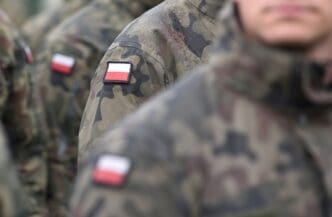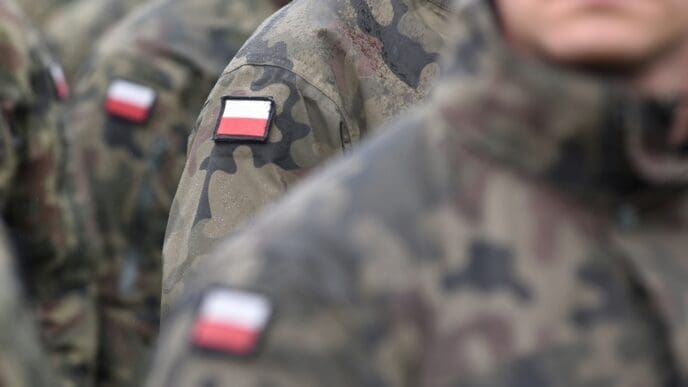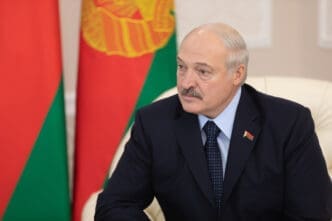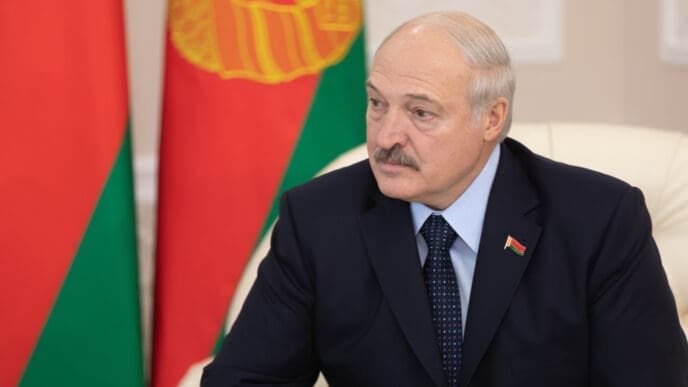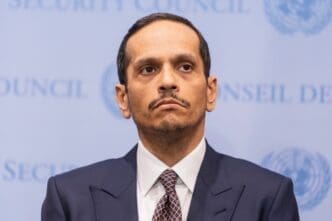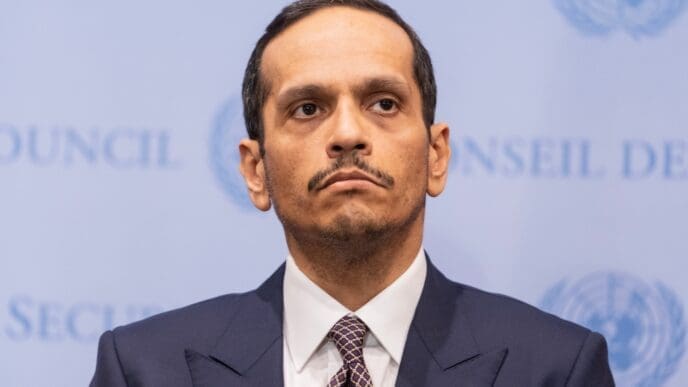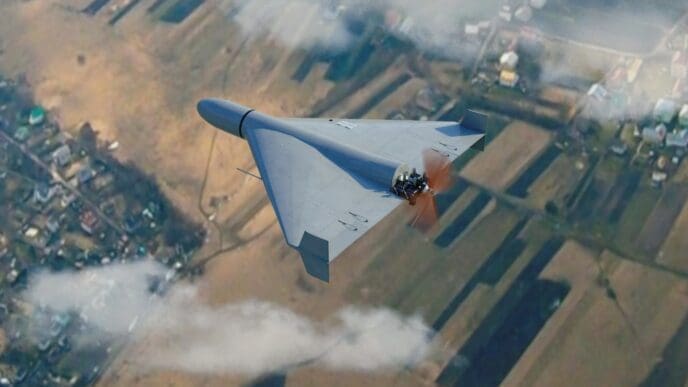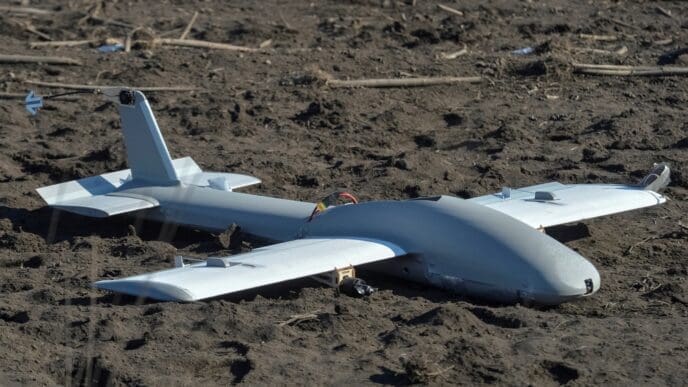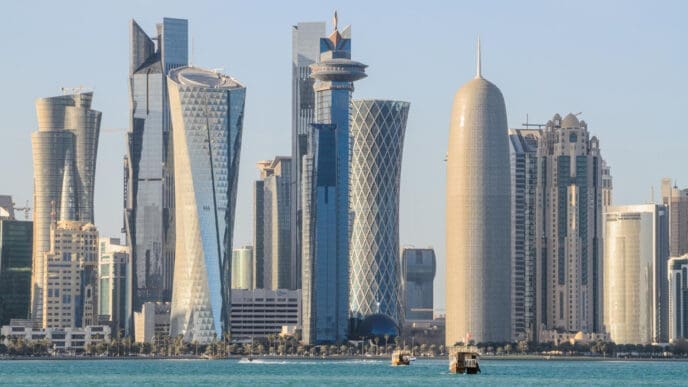The International Criminal Court (ICC) has issued arrest warrants for both Russian President Vladimir Putin and Israeli Prime Minister Benjamin Netanyahu, highlighting an ongoing challenge in international law enforcement. These warrants are theoretically binding on the 125 member states that have ratified the court’s founding 1998 Rome Statute, which excludes the United States, China, and Russia.
Netanyahu’s recent visit to Hungary marked his first trip to an ICC member state since his warrant was issued in November 2024 for alleged war crimes and crimes against humanity during the conflict between Israel and Hamas. The Israeli Prime Minister criticized the ICC’s decision as antisemitic. Concurrently, Hungarian Prime Minister Viktor Orbán criticized the ICC as a political tool and announced Hungary’s intention to withdraw from the ICC. However, as the withdrawal process requires up to a year to complete, Hungary was legally obligated to arrest Netanyahu during his visit under international law.
The ICC faces significant challenges in enforcing its warrants, particularly against serving heads of state. Legal precedents, such as the case of Sudan’s former President Omar al-Bashir, illustrate the difficulties in executing these warrants. Despite being charged with war crimes and crimes against humanity, al-Bashir traveled to several ICC member states without facing arrest, as some countries argued he was immune due to his status as a head of state. However, ICC judges ruled that al-Bashir did not possess immunity.
The ICC relies heavily on member states’ cooperation, as it lacks its own police force. The court’s decisions and rulings are only effective if enforced by these states. For instance, when Mongolia hosted Putin, ICC judges deemed the country in violation of its legal obligations to honor the arrest warrant. Despite the ICC’s ability to impose sanctions, such as fines or suspensions, experts argue that the response to non-compliance has been inadequate.
While critics claim that the flouting of ICC warrants undermines their authority, others view them as a mechanism for exerting pressure. Putin has avoided visiting ICC signatories since his warrant was issued, apart from Mongolia. Similarly, Netanyahu has only traveled to Hungary among ICC member states since his warrant’s issuance. Notably, ICC warrants remain valid even after individuals leave office, as demonstrated by the arrest of former Philippine President Rodrigo Duterte for alleged crimes against humanity.
The Evolving Landscape
The ICC’s challenges in executing arrest warrants against serving heads of state underscore a complex landscape of international law and diplomacy. For ordinary citizens, this situation raises questions about the effectiveness of international justice mechanisms and their ability to hold leaders accountable for alleged crimes. The ICC’s reliance on member states for enforcement highlights the importance of global cooperation in upholding international law.
For communities and countries, the ICC’s actions can influence diplomatic relations and international perceptions. Member states face a delicate balance between honoring legal obligations and maintaining political alliances. This dynamic can affect a country’s standing in the international community and its relationships with other nations. The ICC’s role in international justice continues to evolve, and its ability to enforce its mandates remains a critical aspect of its mission to uphold accountability on a global scale.

